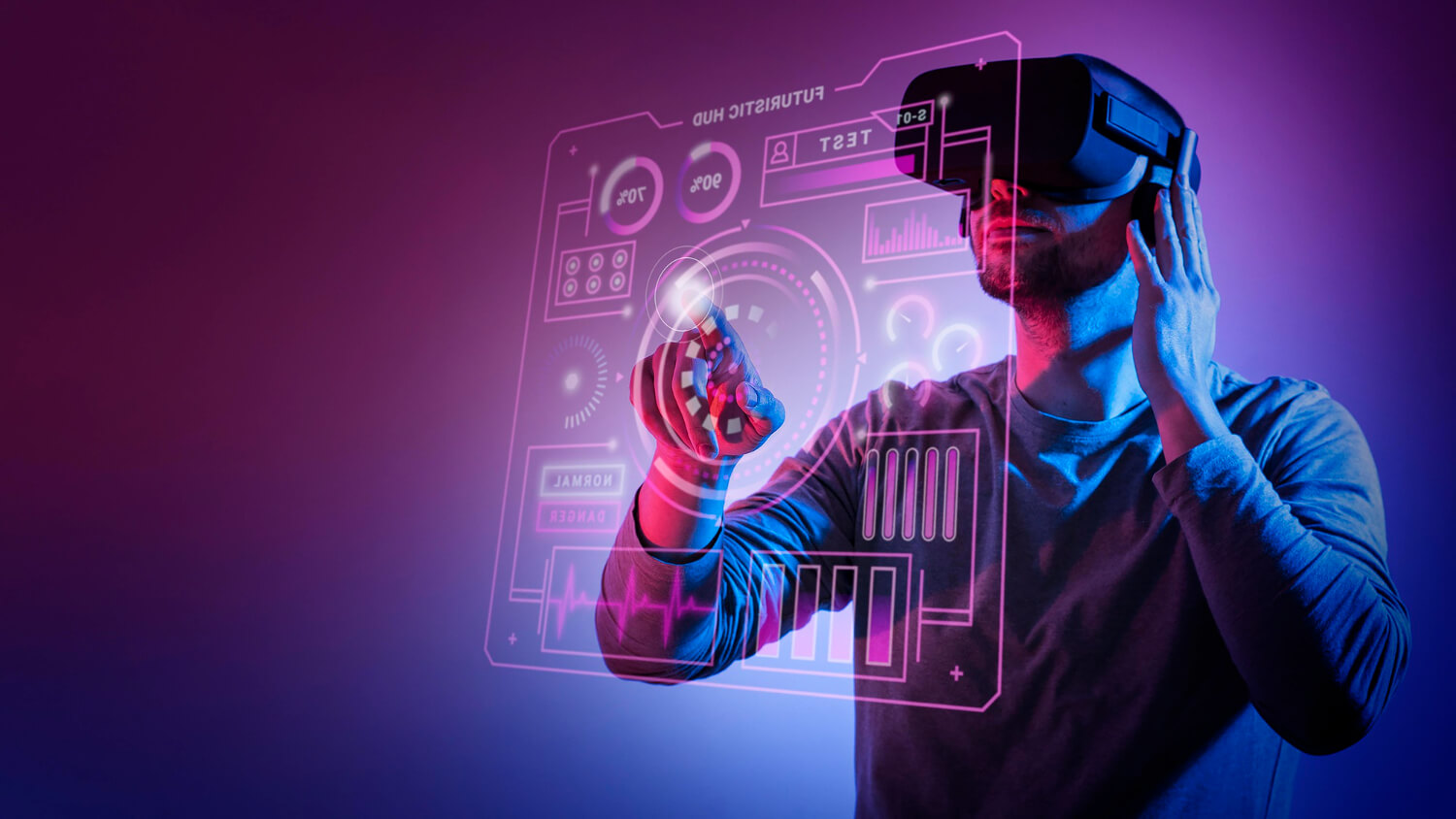Tube Ninja Insights
Your go-to source for the latest trends and tips in video content creation.
Reality Check: Are We Living in a Virtual World?
Is our reality just a simulation? Dive into the mind-bending question of living in a virtual world and discover what’s real!
Exploring the Simulation Hypothesis: Are We Just Characters in a Game?
The Simulation Hypothesis posits that our reality might be an artificial simulation, much like the environments created in video games. This thought-provoking concept has gained traction in both scientific and philosophical circles, suggesting that the universe we experience may be a sophisticated construct devoid of any true physical substance. Prominent figures, including tech moguls and theoretical physicists, have entertained the possibility that advanced civilizations could create lifelike simulations, leading to the tantalizing question: are we merely characters in a complex game designed by higher beings?
Supporters of the Simulation Hypothesis argue that the rapid advancement of technology makes it conceivable that future societies will possess the capability to simulate entire worlds and beings with unimaginable complexity. This possibility leads to a fascinating implication: if simulations are feasible, then it could be statistically more likely that we are living in a simulation rather than the base reality. As we delve deeper into this idea, we must grapple with fundamental questions about existence, consciousness, and the nature of reality itself, potentially redefining our understanding of what it means to be alive in a universe that could, at its core, be one grand game.

Reality vs. Virtuality: How Technology Shapes Our Perception of Existence
The rapid evolution of technology has significantly transformed our understanding of reality, blurring the lines between what is real and what is virtual. As we immerse ourselves in digital environments, the distinction becomes increasingly ambiguous. Virtual reality (VR) and augmented reality (AR) technologies create experiences that can feel just as authentic as our daily interactions. This shift invites us to question our perception of existence and consider how these advancements alter our interactions with the world around us.
Moreover, the influence of social media has contributed to a perception of existence that is heavily curated and filtered. Individuals often present a virtual version of their lives, leading to a disconnect between virtual experiences and physical reality. This phenomenon raises critical questions about authenticity, connection, and the psychological impacts of living in a world where technology increasingly mediates our experiences. As we navigate this complex landscape, understanding the implications of our digital presence becomes essential for maintaining a balanced perspective on reality.
Could We Be Living in a Matrix? Examining the Evidence and Theories
The concept of living in a Matrix has captivated the imagination of many, igniting vibrant discussions across various fields, including philosophy, science, and technology. At its core, the Matrix theory suggests that our perceived reality could be an artificial simulation, manipulating our experiences and perceptions. One of the most compelling arguments supporting this theory comes from the advancements in virtual reality and artificial intelligence. As these technologies evolve, they bring us closer to the possibility of creating a completely immersive environment indistinguishable from actual life. The notion that conscious beings might someday inhabit these digital realms begs the question: if we can create such simulations, could we ourselves be part of one?
Several philosophers and scientists have echoed these sentiments, proposing ideas such as the Simulation Hypothesis, which posits that it's more likely we live in a simulation than in an authentic reality. Notable thinkers, like Nick Bostrom, argue that future civilizations with immense computational power could run simulations of their ancestors, making it statistically plausible that we are one of those simulated beings. The implications of this theory challenge our perceptions of existence and reality, offering a provocative lens through which we can examine our lives. Ultimately, whether or not we are living in a Matrix, the debate prompts us to question the very nature of reality and expands the boundaries of our understanding.